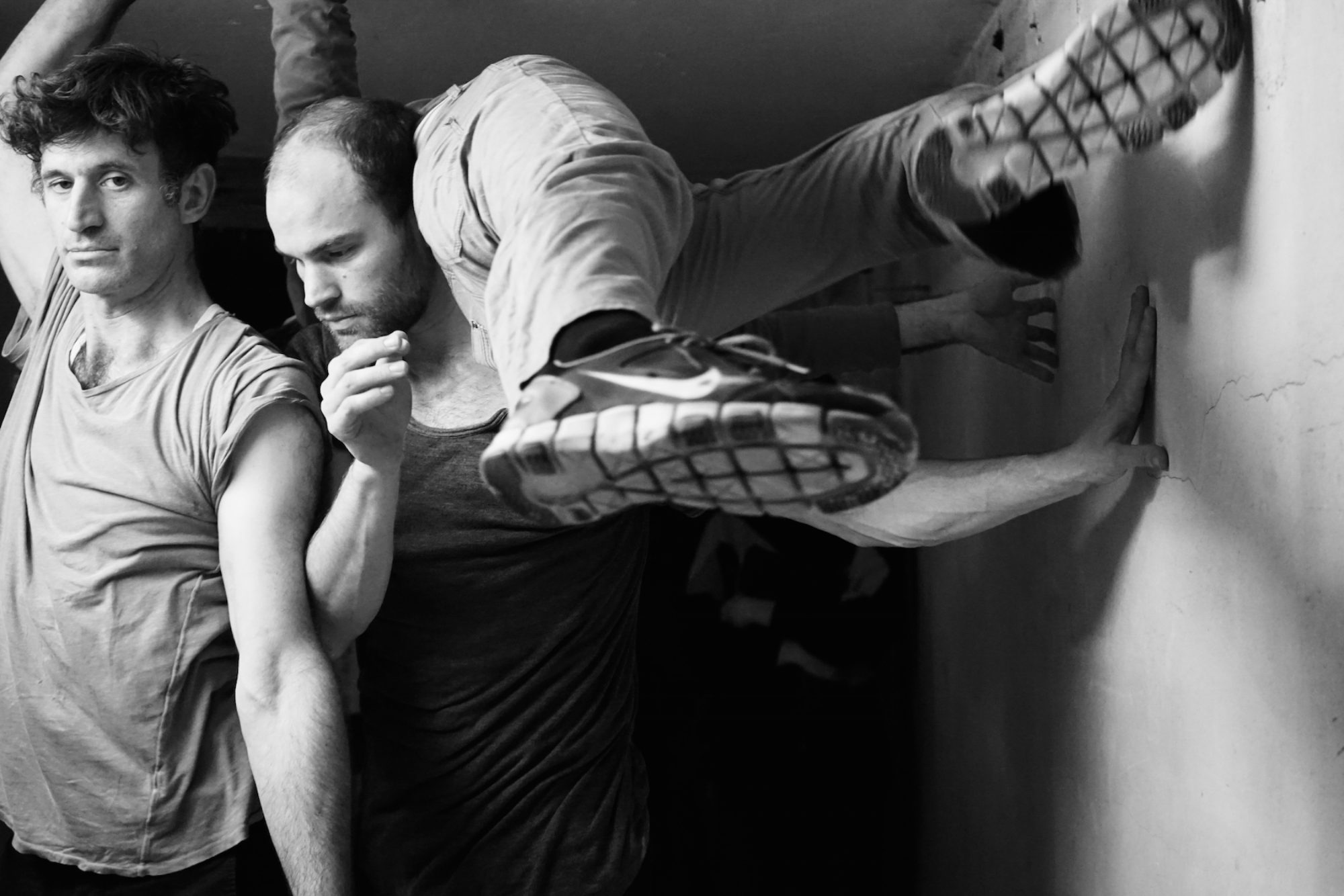Why do we fear the obvious? I would postulate that the current machine of contemporary performance bans the obvious. Too banal, this might be too obvious, too simple was a refrain I heard during the Erasmus Intensive. But obviousness is in everything. And everywhere. Everything ever performed on stage could be stated to be completely obvious. Unless you were looking at a life form composed of unknown elements that you have never encountered and you weren’t sure you were asleep or you were on shrooms and all you know of reality was short chunks of time and your personality had dissolved and all you knew was that you were not in a vertical position and rings of colored morphing spinning shapes circled around you. This is what the Mayans saw you scream to yourself in your head. I understand everything. It is all so obvious and I love it. I see the leaves and I know that they are leaves and that they are the source of food and breath for the trees.
But then why do we fear the obvious? Is it because we are not satisfied with what we have now, with the information that our senses give us? Is our fear of the obvious our desire for God, for a mechanism that operates outside of our understanding and creates something satisfying? If I understand the operation, if it is obvious and apparent to me does the beauty disappear. If I understand the metabolic pathways that convert sugars to alcohol do I get any less drunk? If I know that looking at my daughter causes a surge of oxytocin in my body, do I love her any less? No. I love and embrace the obvious. I love the obviousness of sweating, curving, spiraling, weighted bodies. I love unison, I love shit my mind has gone blank and the inspiration for this composition that was improvised in the pattern of typing with thumbs has dried up. Maybe I should have stayed on the tram and gone with the flow, ride the current and improvise within the composition until it ran out.
The two paragraphs above are the answer to the questions that are below. The questions are from Boyan Manchev, a philosopher who has been working with us at the HZT. The short versions of my answers appear after each question. I read to above paragraphs to my cohorts while walking around the tables that we all were sitting at.
Do you fear that your work is obvious, that the meaning behind it will be too readily apparent? Fear people won’t enjoy the obvious
Is fear ever a good thing? Yes for survival, but not for the artistic process/sharing
Are you improvising when composing? Do you formally define patterns of composition? -yes and yes
What I forgot to write/say is that the unobviousness is in the intention of the person creating the obvious events. It lies in ourselves when we try to understand that motives of another human being.
